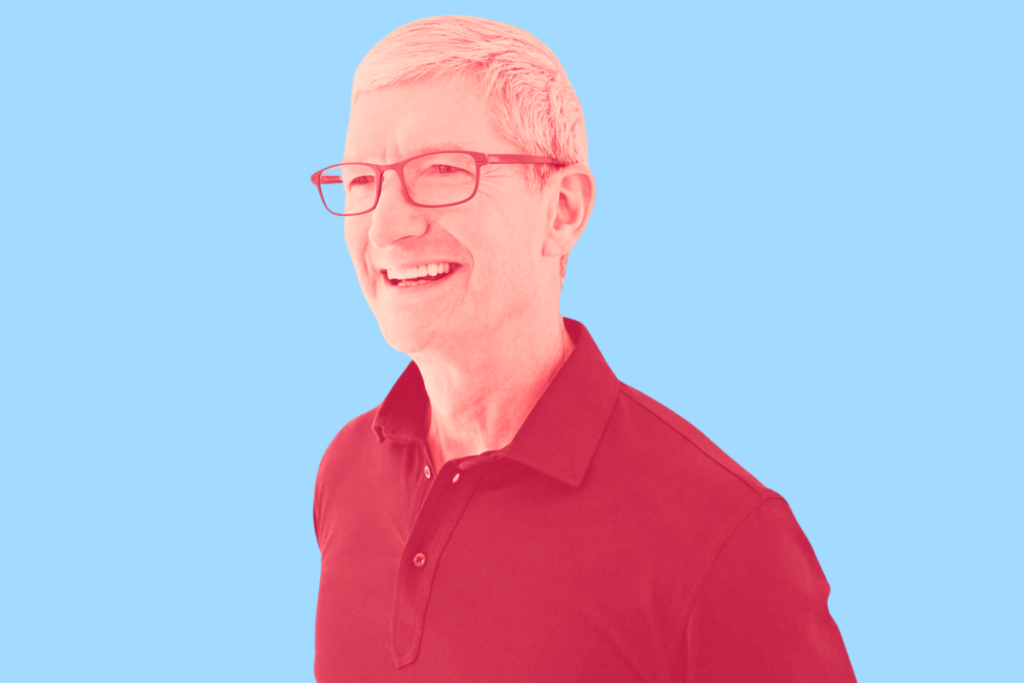In 1998, Apple was far from the tech giant it is today. Struggling for relevance and hovering near collapse, the company was a risky bet for any executive. At the same time, Tim Cook had just joined Compaq, then a leader in the personal computing industry and a far safer career move.
Yet, after a brief conversation with Steve Jobs, Cook made a surprising decision: he joined Apple.
It wasn’t a calculated leap based on data or financial projections. It was, as Cook explains, a decision driven purely by intuition.
Listening to the Inner Voice
When asked whether intuition is something innate or developed, Cook is clear: it’s something refined over time.
“I don’t think that you’re born with a gut,” he says. “I think the gut matures and gets better and better over time.”
Despite his background in engineering and analytical thinking, Cook emphasizes that the most critical decisions in his life have not followed traditional logic. “The most important decisions that I’ve made had nothing to do with any of that. They were always based on intuition,” he shares.

When Logic Falls Short
Cook recounts attempting to use a classic decision-making tool, a pros and cons list, when considering the Apple offer.
But the math wouldn’t cooperate.
“I remember actually forming my list of pluses and minuses… Nothing financially would do that,” he explains. Despite speaking with trusted peers, many of whom cautioned him against the move, Cook’s instinct said otherwise.
“You’re working for the top PC company in the world. How could you even think of doing this?” they asked.
Yet the inner voice persisted.
A Lesson in Leadership
Cook’s story offers a timely lesson about leadership: sometimes, courage lies not in the calculated path but in trusting a deeper sense of direction.
“That voice said, go west young man, go west,” Cook quips, echoing the famous frontier call.
It was a leap of faith, but one that positioned him to help transform Apple into one of the most successful companies in the world.
For leaders and decision-makers, Cook’s reflection is a reminder that not all important choices are measurable. Intuition, when honed by experience and aligned with personal values, can be one of the most powerful tools in a leader’s arsenal.
As Cook puts it, “Sometimes you just have to go for it.”





